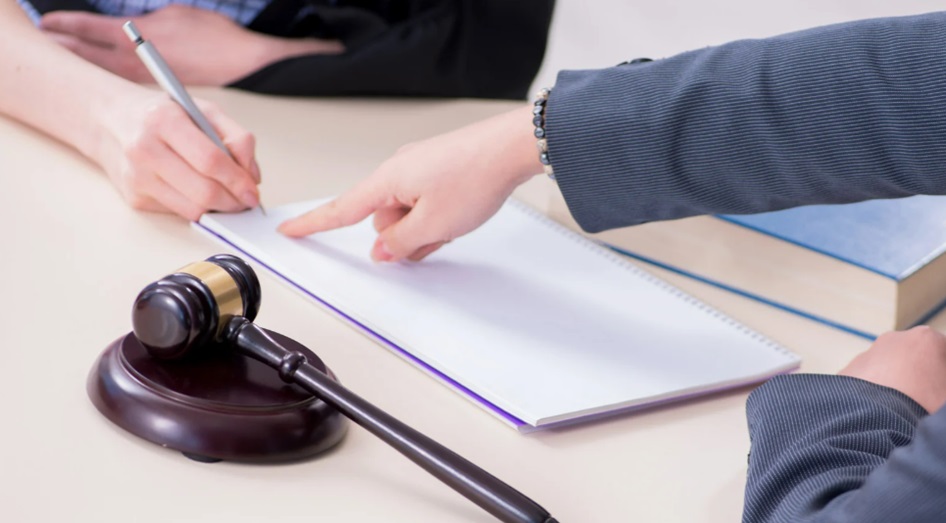When dealing with personal injury claims, the importance of evidence cannot be overstated. Whether it’s medical records, witness statements, or accident scene photos, evidence forms the foundation of your case and ensures accountability. Often, navigating this process can feel overwhelming. That’s why working with a personal injury attorney in Atlanta can make all the difference. These professionals understand how to collect, preserve, and present evidence to strengthen your claim. Below, we’ll explore the critical role evidence plays in personal injury cases and how it helps you secure the compensation you deserve.
What Constitutes Evidence in a Personal Injury Case?
Evidence in personal injury cases varies based on the circumstances of the accident, but its purpose remains universal—to prove liability and the extent of your damages.
Key forms of evidence include photographs of the accident, medical reports detailing your injuries, police reports, and witness statements. If the accident caused extensive damage or involved multiple parties, documentation such as insurance claims and expert opinions becomes vital.
Accurate evidence collection often starts at the accident scene. A well-conducted accident scene investigation plays a pivotal role in determining the events leading up to the injury. You should learn what is an accident scene investigation to understand better how professionals gather critical details that support your case.
How Evidence Establishes Liability
Proving liability is one of the fundamental aspects of a personal injury case. This is where the collected evidence works to establish who’s at fault. For instance, if you were injured in a car accident, evidence such as traffic camera footage, skid marks, or vehicle damage can help determine whether the other driver was speeding or distracted. Strong evidence ensures your attorney can highlight fault and counter any arguments from the opposing side.
Equally important is the ability to connect your injuries to the incident. Medical records and expert analyses are often used to demonstrate how the accident directly caused your physical and emotional suffering.
The Role of Professional Representation
The legal process for personal injury claims often extends beyond evidence collection. Attorneys know how to interpret evidence in a legal framework, negotiate with insurance companies, and manage courtroom proceedings if necessary. Evidence, no matter how compelling, must be skillfully presented to ensure a favorable outcome.
Experienced personal injury law firms excel in understanding how personal injury law firms navigate complex legal processes, ensuring every detail of your case is handled with precision and expertise. Their expertise in handling intricate legal matters ensures that your case is built on solid ground, minimizing delays or errors.
Why Proper Evidence Collection Shouldn’t Be Delayed
Time is critical in personal injury cases. Valuable evidence, like witness memories or accident scene conditions, can fade quickly. Speedy action ensures a comprehensive investigation and preserves details that might otherwise be lost.
Professional attorneys not only act swiftly but also ensure that every piece of evidence is properly documented, leaving little room for doubt. This level of rigor increases the likelihood of achieving fair compensation for your losses.
Conclusion
The role of evidence in personal injury cases goes far beyond proving your injury. It ensures that you hold the responsible party accountable, strengthens your case against counterarguments, and supports your claim for fair compensation. However, gathering and presenting evidence correctly requires expertise and legal know-how.
By seeking the guidance of experienced attorneys, you gain access to professional representation that can maximize your chances for success. Trust in their ability to build a strong case, so you can focus on recovery while they handle the complexities of the legal process.
